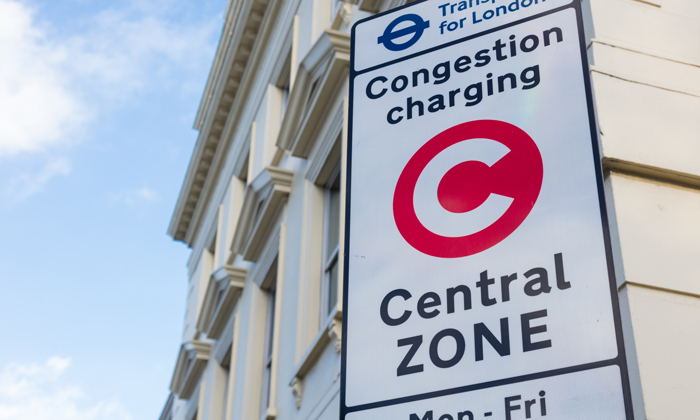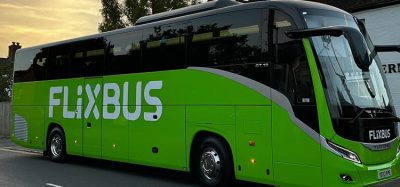Private hire vehicles may soon have to pay London’s Congestion Charge
- Like
- Digg
- Del
- Tumblr
- VKontakte
- Buffer
- Love This
- Odnoklassniki
- Meneame
- Blogger
- Amazon
- Yahoo Mail
- Gmail
- AOL
- Newsvine
- HackerNews
- Evernote
- MySpace
- Mail.ru
- Viadeo
- Line
- Comments
- Yummly
- SMS
- Viber
- Telegram
- Subscribe
- Skype
- Facebook Messenger
- Kakao
- LiveJournal
- Yammer
- Edgar
- Fintel
- Mix
- Instapaper
- Copy Link
Posted: 9 July 2018 | Intelligent Transport | No comments yet
To ensure London is sustainable, and capable of supporting its ever-growing population, Transport for London is focused on reducing the city’s congestion and pollution levels…


Transport for London (TfL) has launched a public consultation on measures to reduce traffic and improve air quality in central London. The new proposals would see the Congestion Charge exemption for private hire vehicles (PHVs) removed and the introduction of a new Cleaner Vehicle Discount to replace the Ultra Low Emission Discount.
It is proposed that these changes would take effect from 8 April 2019 and – with emission standards tighter than the Ultra Low Emission Zone (ULEZ) – would help to drive demand for the greenest vehicles.
Since the Congestion Charge launched 15 years ago, the number of vehicles entering the zone every day has decreased by approximately 30 per cent. However, over the same period, the number of different PHVs entering the zone in charging hours has risen from 4,000 a day to more than 18,000 –consequently increasing both air pollution and congestion in central London.
Alex Williams, TfL’s Director of City Planning, said: “If we are to clean up the capital’s toxic air and tackle congestion in central London, we need to have the appropriate incentives as well as the right interventions.
“The Congestion Charge has had a real impact on improving London’s roads since it launched. However, it is only right that we keep the discounts and exemptions for the scheme under review to make sure it continues to be effective.”
Analysis carried out for TfL has indicated the removal of the PHV Congestion Charge exemption could reduce the number of individual PHVs entering central London by up to 45 per cent. Removing these vehicles could reduce congestion and improve journey times for bus passengers, whilst reducing emissions. It is proposed that the exemption would remain for wheelchair accessible PHVs, to support TfL’s commitment to make the capital an accessible city.
The current Ultra Low Emission Discount applies to cars or vans that meet the Euro 5 standard for air quality, as well as emitting 75g/km or less of CO2. The first phase of proposed changes would mean only zero-emission capable vehicles will not have to pay the charge. It is expected that, if the changes are made, around 10 per cent of the vehicles currently eligible will no longer receive a discount.
To encourage the uptake of the cleanest vehicles and support the ambition in the Mayor’s Transport Strategy for zero-emission road transport by 2050, there will a further tightening of the Cleaner Vehicle Discount in October 2021, with only pure electric vehicles qualifying.
In addition to the proposals in this consultation, congestion is being tackled through a wider range of measures including reducing the time taken to clear up unplanned incidents, reviewing traffic signal timings, re-routing bus routes to avoid the busiest central London streets and ensuring utilities and roadworks are better coordinated. If no further action is taken to reduce congestion, GLA figures show that by 2041, three days would be lost per person every year due to congestion on roads and 50,000 hours would be lost to slower bus speeds in the morning peak every day.
Related topics
Air Quality, Fleet Management & Maintenance, Transport Governance & Policy
Related cities
London, United Kingdom
Related organisations
Transport for London (TfL)
Related people
Alex Williams








